Marketing strategies play a pivotal role in shaping how we perceive brands. Today, we’re diving into two intriguing concepts: endorsements and sponsorships. Picture this: your favorite celebrity holding a product and saying it’s amazing – that’s an endorsement. Now, imagine your local sports team proudly displaying a company’s logo on their jerseys – that’s sponsorship. At first glance, these might seem similar, but there’s more than meets the eye.
In this blog post, we’ll break down the differences between endorsements and sponsorships in the simplest way possible. No jargon, no complicated theories. Just clear, easy-to-understand explanations. By the end, you’ll grasp the essence of these terms, helping you see how companies connect with us, their audience. So, if you’ve ever wondered why your favorite actor appears in certain ads or why your city’s marathon is proudly sponsored by specific brands, you’re in the right place. Let’s demystify the basics together and uncover the magic behind endorsements and sponsorships.
Understanding Endorsements
Let’s demystify the concept of endorsements and how they bring a personal touch to branding. An endorsement is like having a friend recommend their favorite product, making it more relatable and trustworthy.
Consider how Selena Gomez proudly endorses a skincare brand Rare Beauty. When you see her glowing skin and hear her talk about the products, it feels like getting advice from a friend. This genuine connection creates trust between the audience and the brand.
Think of endorsements as personal recommendations in the world of celebrities. When Emma Watson endorses a sustainable fashion line or Chris Hemsworth supports eco-friendly products, their influence encourages fans to consider these options, making a positive impact on both the brand and the environment.
Endorsements transform products into stories, connecting people through shared experiences. When Leonardo DiCaprio advocates for environmental causes, his endorsement goes beyond a brand – it becomes a movement that people want to be a part of.
In essence, endorsements bridge the gap between the famous and the everyday consumer, making products and causes more personal and inspiring. They remind us that behind every brand, there’s a story, and behind every story, there’s a person who believes in it.
Notable Endorsement Deals
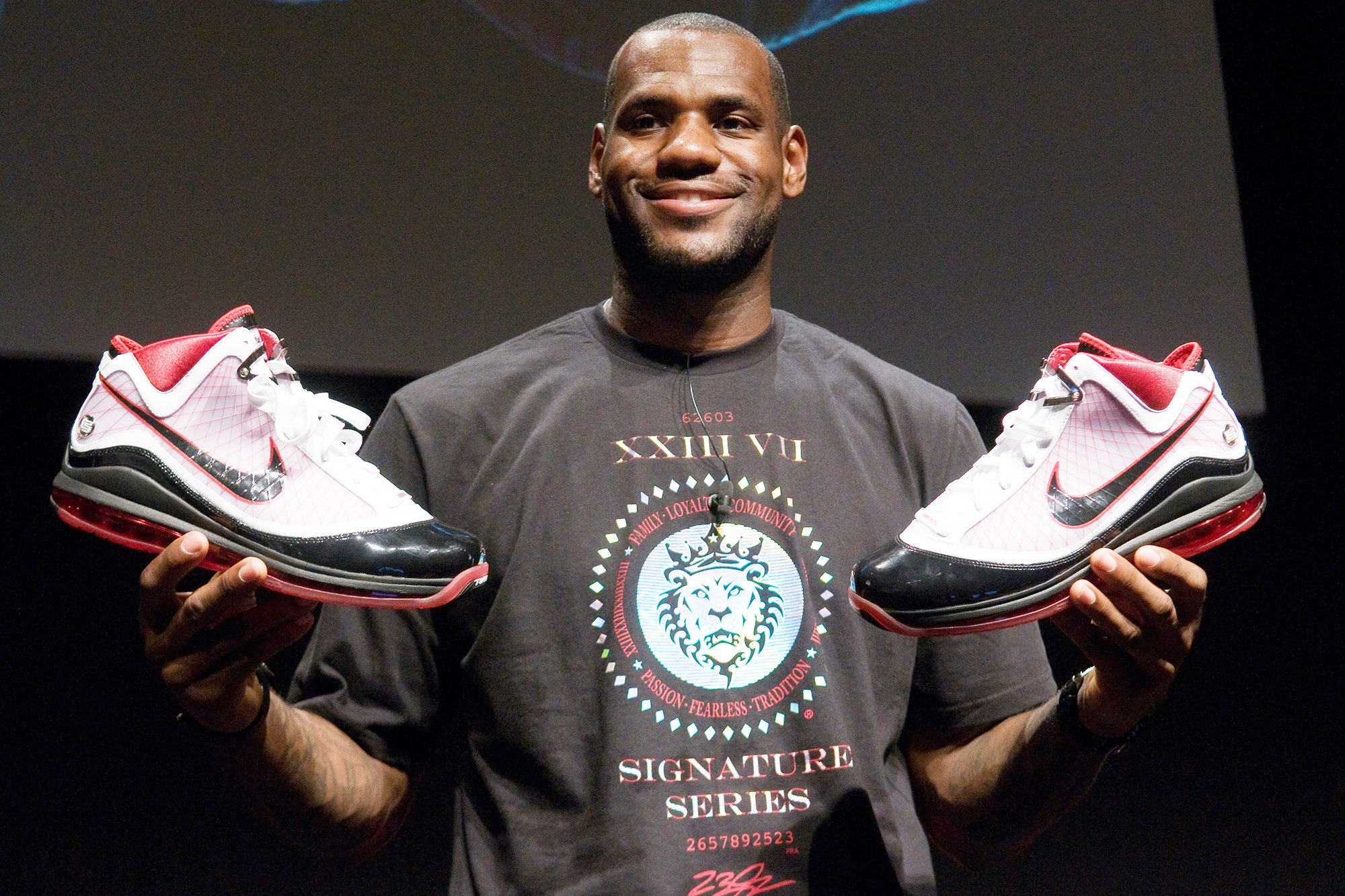
Endorsement deals are prevalent worldwide, showcasing the influence of celebrities and athletes in the marketing landscape. One remarkable example is the partnership between Taylor Swift and Apple Music. Swift endorsed Apple Music by featuring in their commercials and releasing exclusive content on the platform. This collaboration not only bolstered Swift’s connection with her fans but also elevated Apple Music’s reputation.
In sports, LeBron James teamed up with Nike for a lifetime endorsement deal estimated to be worth over $1 billion. This enduring partnership goes beyond advertisements; it includes signature shoe lines, apparel, and community initiatives. James’ endorsement has significantly contributed to Nike’s status as a leading sportswear brand globally.
Furthermore, the iconic collaboration between Beyoncé and Pepsi deserves mention. Beyond traditional commercials, Beyoncé’s image graced limited edition Pepsi cans, creating a collectible frenzy among fans. This strategic endorsement not only boosted Pepsi’s sales but also reinforced its association with pop culture.
These examples illustrate the diverse ways endorsements shape brand narratives, emphasizing the power of influential figures in the modern marketing landscape.
Also Read: What are Endorsed Brands
Understanding Sponsorship
Sponsorship, much like endorsement, is a powerful marketing tool, but it operates on a broader scale. Instead of focusing on individual personalities, sponsorship involves supporting entire teams, events, or charitable organizations.
In a sponsorship arrangement, a company provides financial aid, resources, or in-kind support to the beneficiary. In return, the beneficiary promotes the brand in various ways. This can include displaying the brand’s logo on uniforms, featuring signage at events, or integrating the brand into the fabric of the sponsored entity.
Take the example of Nike, a renowned sportswear brand. They sponsor not just individual athletes, but also entire sports teams. By doing so, Nike’s logo becomes synonymous with the teams they support, creating a wide-reaching impact. Moreover, prominent events like the Olympic Games have sponsors that align with their values and audience.
In the world of entertainment, the partnership between Netflix and popular film festivals exemplifies sponsorship. Netflix sponsors film festivals, gaining visibility and connecting with filmmakers and film enthusiasts. This kind of sponsorship goes beyond individual endorsements, reaching a vast audience through a collective effort.
Sponsorship, therefore, encapsulates a comprehensive approach, integrating brands into the fabric of larger entities, events, and causes, creating enduring connections with diverse audiences.
Notable Sponsorship Deals
Sponsorship is a widespread marketing strategy, and here are a few prominent examples from various domains:
Red Bull Stratos: Red Bull, the energy drink giant, is renowned for its daring sponsorship ventures. One such remarkable example is the Red Bull Stratos project, where they sponsored Felix Baumgartner’s historic freefall from the edge of space. This sponsorship not only pushed the limits of human achievement but also garnered extensive global attention, solidifying Red Bull’s brand identity as a promoter of extreme sports and adventures.
American Express and Wimbledon: American Express, a leading financial services company, has long sponsored major tennis events like Wimbledon. Their sponsorship includes benefits for cardholders, such as access to exclusive lounges and merchandise discounts. This association enhances the overall experience for attendees and strengthens American Express’s brand loyalty among tennis enthusiasts.
Distinguishing Endorsement from Sponsorship
Endorsements and sponsorships, while both potent tools for brand promotion, operate with nuanced differences, creating distinct brand experiences.
Sponsorships, in their broader context, involve companies associating themselves with events, teams, or various entities. These agreements often result in basic promotional displays, like logos on uniforms, offering visibility but not necessarily personal advocacy.
On the flip side, endorsements forge a more intimate connection. In an endorsement deal, a specific individual becomes the face of the brand, appearing in campaigns and actively advocating for the company. It’s akin to welcoming a new influencer into the brand’s inner circle, someone dedicated to amplifying the brand message.
Consider PUMA’s partnership with AC Milan in 2018. While PUMA’s products adorned the team’s uniforms, the relationship primarily focused on the visual aspect, lacking the depth of personal advocacy.
Contrast this with Cristiano Ronaldo’s endorsement deal with Nike. Here, it’s not just about logos on sportswear. Ronaldo serves as an ambassador, actively endorsing Nike in various media, adding a human touch to the brand narrative.
In essence, endorsements go beyond mere visibility; they create genuine, human connections between individuals and brands. These connections, driven by personal advocacy, significantly impact how audiences perceive and connect with a brand, making endorsements a potent force in the realm of marketing.
Advantages of Sponsorships and Endorsements
Sponsorships and endorsements offer distinct advantages to companies, shaping their brand stories and market presence.
Sponsorships, which can be either long-term or short-term, provide opportunities for companies to enhance brand reputation and extend their reach. They facilitate engagement with fans, creating new avenues for sales and boosting brand awareness.
On the other hand, endorsements delve deeper. They involve establishing enduring relationships with individuals and transforming them into brand ambassadors. Endorsements are like strategic alliances where influencers become the face and voice of the company. This dynamic approach reshapes advertising strategies, ensuring consistent and recognizable representation to the target audience.
However, the allure of endorsements comes at a cost. These deals are usually more expensive than standard sponsorships, making them a choice primarily for well-established companies with substantial budgets. In contrast, sponsorships are accessible to businesses of various sizes, providing a platform for exposure and engagement.
Some iconic celebrity endorsements have indeed shaped businesses, albeit at a significant financial investment. While sponsorships offer a broader reach, endorsements offer a profound and personal connection, making each choice a strategic decision reflecting a company’s vision and marketing goals.
Key Factors to Consider Before Going into a Sponsorship or Endorsement Agreement:
Considerations for creating sponsorship and endorsement agreements involve several crucial aspects:
- Legal Compliance: Adherence to various regulations regarding advertising, consumer protection, and competition is essential in drafting contracts for sports sponsorships and endorsements.
- Contractual Obligations: Agreements in sports sponsorship and endorsements are governed by contract law. A clear understanding of the rights and duties of all parties involved, including athletes, sponsors, and third-party agents, is crucial. Key elements such as payment terms, exclusivity clauses, intellectual property usage, and termination conditions need careful consideration.
- Intellectual Property Rights (IPRs): Contracts must address ownership and usage rights concerning brands, logos, and other intellectual properties. Attention should be paid to avoid infringing on the intellectual property rights of others, including teams and athletes.
- Reputation Management: Sponsorship and endorsement deals can significantly impact the reputation of players or teams in sports. Therefore, careful selection of sponsors and endorsers is vital. Strategies for managing the image in the face of negative publicity or controversies should be in place.
- Risk Mitigation: Identifying and mitigating potential risks associated with endorsement deals is crucial. Evaluation of the endorser’s conduct, potential conflicts of interest, and unforeseen events that may affect the sponsorship’s reputation or financial stability is necessary.
- Professional Guidance: Seeking advice from legal, financial, and marketing professionals with expertise in contract law, brand management, and sponsorship agreements is advisable. Their insights can ensure compliance with regulations and industry best practices.
Choosing Between Sponsorships and Endorsements: Key Considerations
Deciding between sponsorship and endorsement for your brand involves a thoughtful evaluation of your objectives and the kind of relationship you aim to establish with another entity.
Consider the depth of engagement you seek. If you need swift brand visibility at an event, a sponsorship might be your go-to choice. Sponsorships can provide instant exposure but often offer a more fleeting connection.
On the other hand, if you desire a long-lasting partnership where someone becomes a consistent advocate for your brand, endorsements are the way forward. Endorsers don’t just represent your brand; they contribute significantly to your marketing campaigns, becoming the recognizable face associated with your organization. This deepens the emotional connection with your audience.
Furthermore, think about your specific goals. Do you require a fresh face to represent your organization, infusing it with renewed energy? Or are you focused on building brand equity and reputation in the long run? Your choice between sponsorships and endorsements hinges on whether you’re aiming for immediate visibility or enduring advocacy, making it crucial to align your decision with your brand’s unique aspirations and strategies.




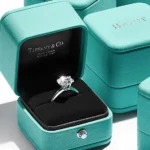
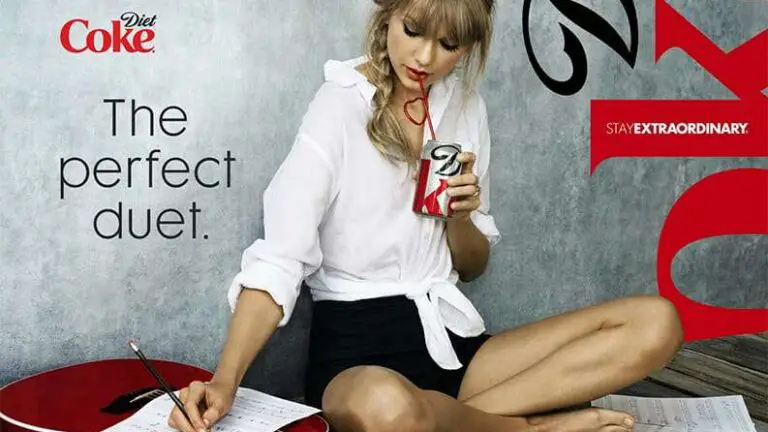
![What is Sustainability Branding [Complete Guide]](https://naumandigital.com/wp-content/uploads/2023/10/WhatsApp-Image-2023-10-18-at-3.58.50-PM-600x400.jpeg)
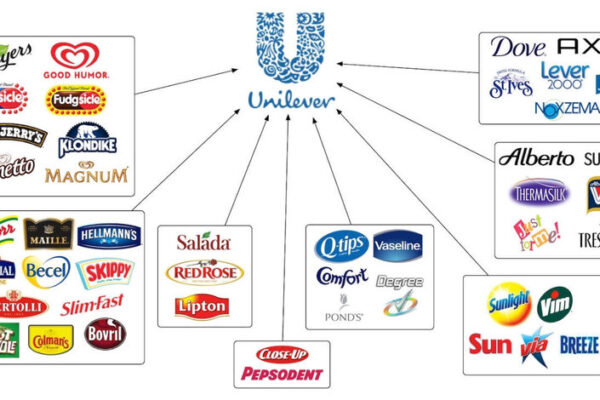
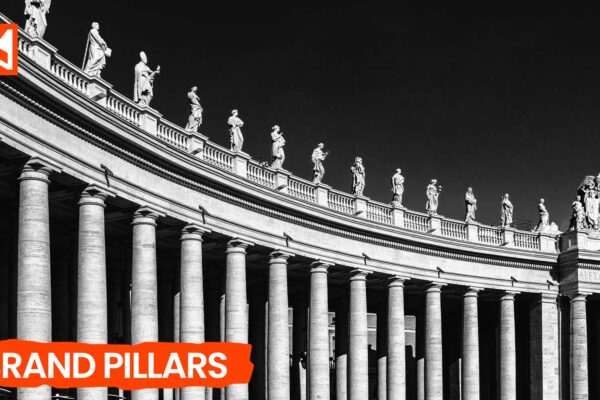
![What Is A Broad Differentiation Strategy? [The Definitive Guide]](https://naumandigital.com/wp-content/uploads/2023/10/WhatsApp-Image-2023-10-24-at-3.01.30-PM-600x400.jpeg)